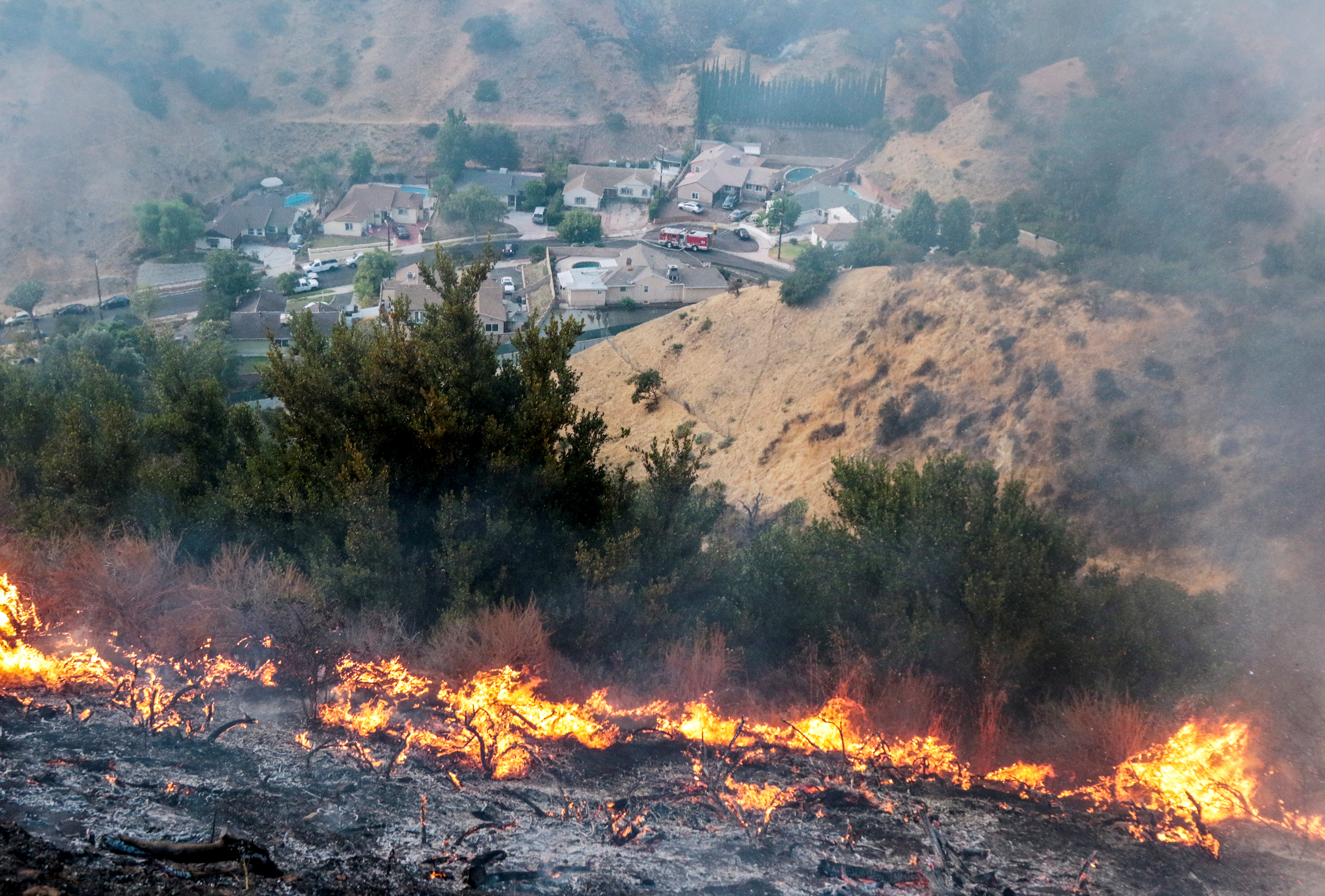
By Sharon Bernstein
SACRAMENTO (Reuters) – U.S. Attorney General Jeff Sessions, escalating the Trump administration’s rhetoric against the most populous U.S. state, accused California on Wednesday of obstructing federal immigration enforcement efforts and vowed to stop the state’s defiance.
Sessions made the remarks to a law enforcement group a day after Republican President Donald Trump’s Justice Department sued Democratic-governed California over so-called sanctuary policies that try to protect illegal immigrants against deportation.
“California is using every power it has – and some it doesn’t – to frustrate federal law enforcement. So you can be sure I’m going to use every power I have to stop them,” Sessions, the top U.S law enforcement officer, said in prepared remarks.
“In recent years, California has enacted a number of laws designed to intentionally obstruct the work of our sworn immigration enforcement officers – to intentionally use every power it has to undermine duly-established immigration law in America,” Sessions added.
Sessions said U.S. Immigration and Customs Enforcement agents carry out federal law and that “California cannot forbid them or obstruct them in doing their jobs.”
The lawsuit, filed late on Tuesday in federal court in Sacramento, takes aim at three state laws passed last year that the Justice Department contends violates the U.S. Constitution and the supremacy of federal law over state law.
Trump has made fighting illegal immigration and cracking down on illegal immigrants already in the United States a signature issue, first as a candidate and now as president.
“Immigration law is the province of the federal government,” Sessions said.
“I understand that we have a wide variety of political opinions out there on immigration, but the law is in the books and its purpose is clear,” Sessions added. “There is no nullification. There is no secession. Federal law is the supreme law of the land.”
Sessions, who was speaking at a California Peace Officers Association conference in Sacramento, has made combating illegal immigration one of his top priorities since taking over the Justice Department in February 2017. A key part of that effort involves a crackdown on primarily Democratic-governed cities and states that Sessions calls “sanctuaries” that protect illegal immigrants from deportation.
Democratic California Governor Jerry Brown in October signed into law a bill that prevents police from inquiring about immigration status and curtails law enforcement cooperation with immigration officers.
“Jeff Sessions has come to California to further divide and polarize America,” Brown said in a statement late on Tuesday.
Brown and Democratic California Attorney General Xavier Bacerra are scheduled to speak in Sacramento on the issue after Sessions’ speech.
Leading California Democrats blasted the Trump administration.
“The president has now desperately decided to brazenly abuse the legal system to push his mass deportation agenda,” Nancy Pelosi, the top Democrat in the U.S. House of Representatives, said in a statement.
“The Trump administration’s attacks on California are unacceptable in the federal system of government our Founders created,” she added. “We have a system of checks and balances – not a system in which the executive branch can unilaterally bend states to its will.”
(Reporting by Sharon Bernstein; Editing by Ben Klayman and Will Dunham)





